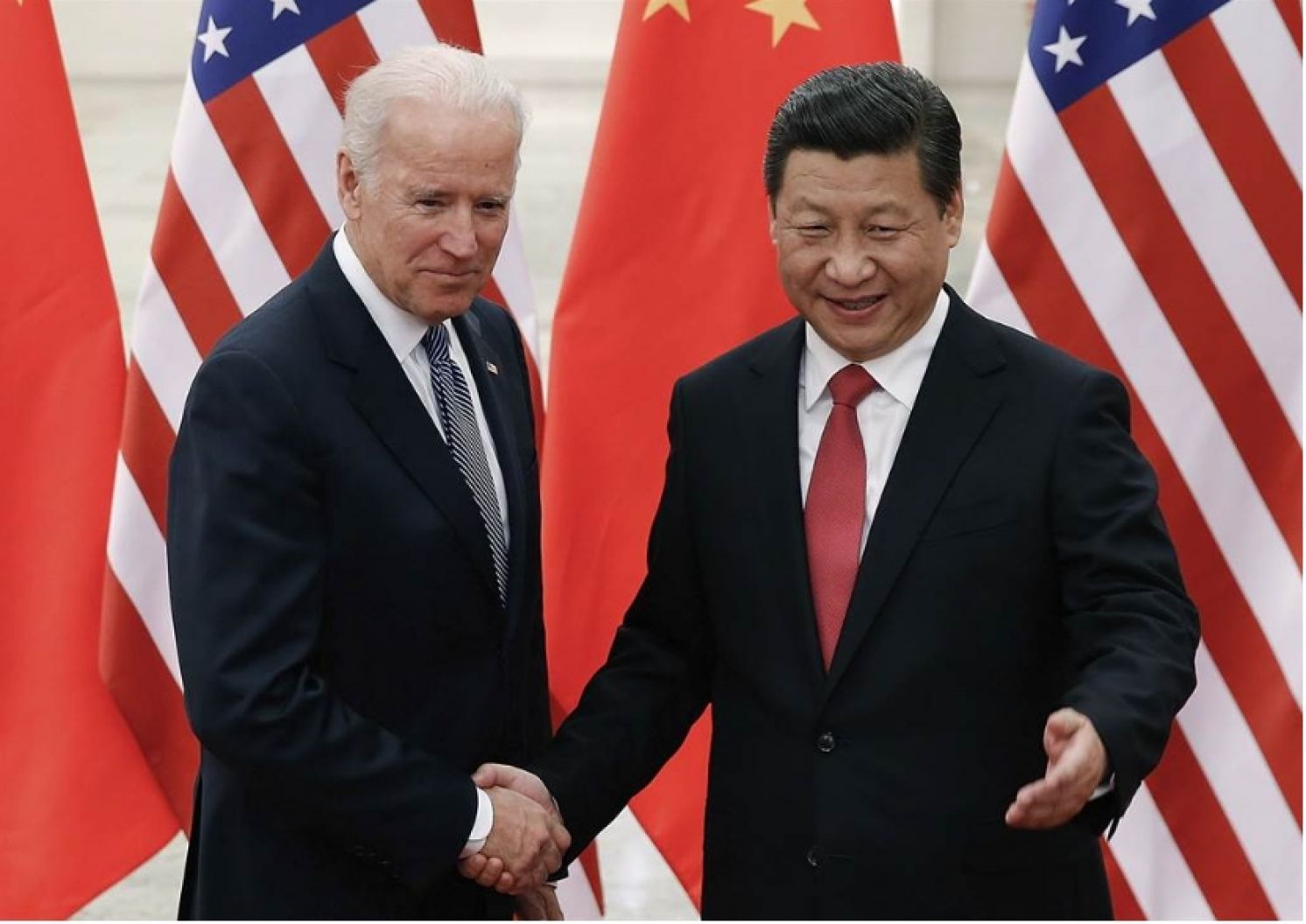
Pendulum Swing on U.S. Revision of "One China" Policy
By Su Yong-lin
China Times, May 12, 2022
After the United States Department of State website deleted sensitive statements such as "does not support Taiwan independence" and "acknowledging the Chinese position that there is but one China and Taiwan is part of China," Kurt Campbell, the White House National Security Council Coordinator for the Indo-Pacific, and Spokesman Ned Price of the State Department immediately reiterated that their position of "not supporting Taiwan independence" remains unchanged. Is this a “singing a duet,” or just a sudden stop? For the time being there were different assumptions. However, at least there is one thing certain, that is, that the political differences between the United States and China are still under a certain degree of control at this stage, and the situation in the Taiwan Strait has not yet reached a breakout point.
The basis supporting the above judgment mainly comes from three facts. First, in terms of the fundamentals of U.S.-China relations, the impact of the Russia-Ukraine war is fading, after struggle and compromise, the two sides should now find an acceptable "guardrail." Observers who are sensitive to the current situation have noticed that since the end of April, Beijing’s diplomacy has released some subtle signals, including the official Xinhua News Agency’s exclusive interview with the Ukrainian Foreign Minister with a direct quotation of the “Russian invasion”, and the “Wolf Warrior” spokesman Zhao Lijian, frequently talked about "friendship between the Chinese and American people", and so on. In addition, Chinese President Xi Jinping recently held meetings and phone calls with leaders of Germany and France, posing a gesture helping to cooling down the situation in Russia and Ukraine.
On the other aspect, the fact was that the United States quickly released news that it has not found any signs of China's economic and military assistance to Russia, and that the Biden administration has thrown out the idea of "removing tariffs on Chinese goods". It is reasonable to infer that the politburo meeting of the Communist Party on April 29 has made a new plan on facing new international situation as well as on foreign policy strategy. On the one hand, China has positively alienated itself from Russian President Vladimir Putin’s invasion of Ukraine, as to appease the United States, and befriend with Europe in a hope to promptly reverse its international passiveness in the aftermath of the war in Ukraine. On the other hand, the softer the mainland’s actual external actions, the stronger its internal propaganda, for instance, the media’s play up of the commemoration of the 23rd anniversary of the bombing incident of Chinese Embassy in Yugoslavia, and high-profile reports on the Eastern Theater military exercises and so on. All these are political balancing techniques that Beijing has used for a long time.
Second, as far as the interaction between the United States and China in the Taiwan Strait is concerned, although America’s "hollowing" of the “One China” policy continues to evolve, so far, the two sides can still hold the bottom line. Traditionally, the United States’ discourse on Taiwan in the past, the Six Assurances favoring Taiwan were verbal commitments, while the "does not support Taiwan independence" favoring the mainland was expressed in writing, but in recent years, the U.S. “One China” policy has shifted. The status of the “Six Assurances” and “non-support of Taiwan independence” can be described as a rotation of fortunes. The former has been upgraded from a verbal commitment to a written statement, while the latter has been downgraded to a verbal commitment. This is the real logic behind the revision of U.S.-Taiwan relations on the Department of State website.
However, in responding to Beijing's reaction to the American move, including diplomatic warnings, counterattacks with propaganda, and military drills, the United States cares not too much. For example, The United States Director of National Intelligence Avril Haines stated on Tuesday that Beijing would prefer to seize Taiwan peacefully, adding that there is no current intelligence showing that the Russian-Ukrainian war will accelerate the mainland’s ambitions to seize Taiwan. The above statement revealed that the United States notices that Beijing's current actions in the Taiwan Strait are still mainly political declarations. It seems to indicate that the United States and China have exchanged and understood the bottom line of each other's military activities in the Taiwan Strait.
Finally, in terms of cross-strait interactions, Chairman Wang Yang of the National Committee of the Chinese People's Political Consultative Conference, stated in his congratulatory letter to the Hangzhou Cross-Strait Youth Forum that it is the common aspiration of Taiwan compatriots to have peace, development, and a good life, indicating that Beijing still adopts the "dichotomy" in distinguishing between the extreme minority advocating Taiwan independence and the vast majority of Taiwan compatriots. The subtext still adheres to the line of peaceful reunification that “pinning hope on the people of Taiwan". The administration of President Tsai Ing-wen has loosened the restrictions on people's self-purchase of overseas quick-screening reagents, which has also lifted the political obstacles for the mainland’s rapid test kits to come to Taiwan.
From the end of this year to the beginning of next year, Beijing will gradually complete the transition of its political top echelon. I believe that although the Taiwan Strait has been turbulent during this period, the overall atmosphere is still calm. However, the pendulum of the U.S. “One China” policy has swayed to the other side. If the global economy continues to deteriorate, the possibility of storms in the Taiwan Strait should not be underestimated.
(The author is a think tank researcher.)
From: https://www.chinatimes.com/opinion/20220512002598-262104